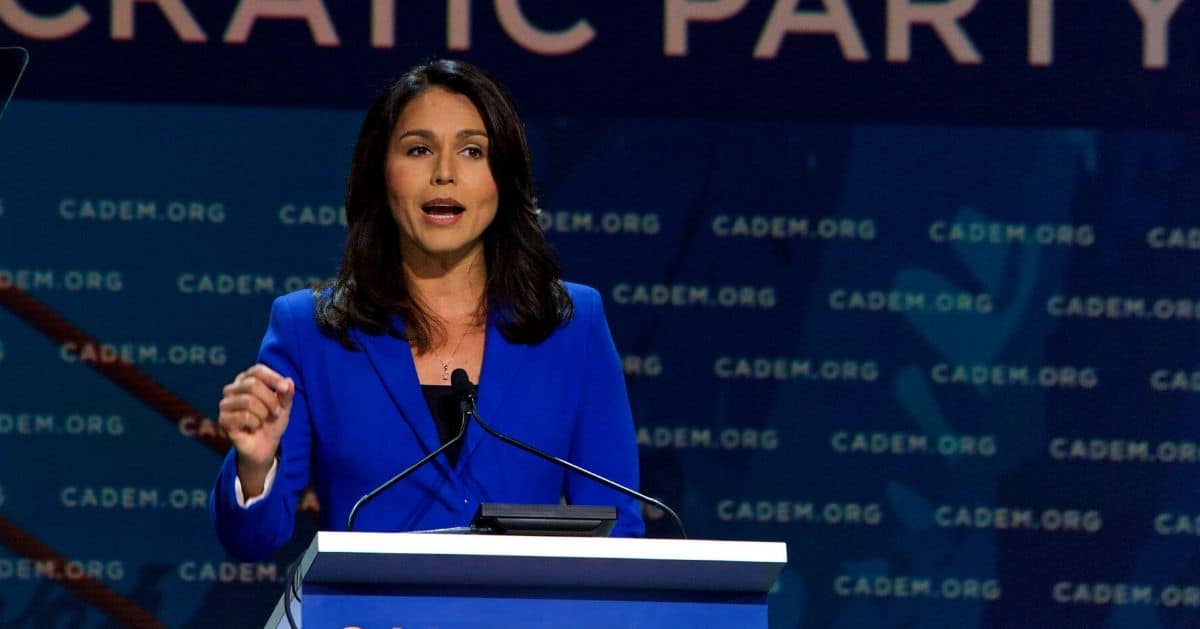






Sen. Mitt Romney, a previously well-known critic of Donald Trump, has acknowledged the president-elect's Cabinet selections, emphasizing that Americans should not grumble about the choices made by Trump.
Trump's victory has given him the mandate to implement his campaign promises, Romney asserted, suggesting he deserves the opportunity to establish his policies.
The Washington Examiner reported that in a recent appearance on CNN's State of the Union, Romney, who is preparing to leave the Senate after representing Utah for one term, discussed Trump's election victory and Cabinet selections.
He pointed out that Trump had won the presidency in a rather decisive manner, emphasizing that the president-elect is following through with the appointments and policies he committed to during his campaign.
Romney acknowledged the difference between Trump's selection process and his own potential choices, mentioning that some Cabinet nominees come from varied backgrounds and hold diverse perspectives.
He drew a parallel to Abraham Lincoln's administration, known for its "team of rivals" approach, saying that Trump's Cabinet includes individuals with contrasting views to Trump himself.
Despite past disagreements, Romney's current stance reflects a readiness to give Trump room to work with his picks. He pointed out that some Americans are displeased with certain appointees or policy decisions. However, Romney defended Trump's practice of keeping campaign promises. "You can’t complain" about a president implementing their outlined agenda, he suggested.
Romney did concede that there are policies he aligns with and others he does not support. His overall sentiment, however, is one of tolerance for the process, advising patience to "see how it works out."
A critical component of Romney's remarks was the importance of a thorough vetting process for Trump's nominees in the Senate. He urged the Senate to undertake its responsibility seriously during the confirmation of these selections.
The list of nominees includes individuals regarded as unconventional choices such as Robert F. Kennedy Jr., Pete Hegseth, and Tulsi Gabbard, which has sparked interest and raised questions about the future trajectory of Trump's administration.
Romney's call for careful scrutiny is set against the backdrop of a Senate predominantly controlled by the Republican Party. Given this dynamic, it is anticipated that most, if not all, of Trump's nominees will receive approval.
Reflecting on his personal political experience, Romney referred to his defeat in the 2012 presidential election to contrast with Trump's success. He remarked on the president-elect's clear victory, acknowledging the mandate it provided Trump to appoint and run his administration as desired.
"I lost. He won," Romney said, mentioning a wish to have revisited his campaign, but recognizing the outcome and the current reality of Trump's leadership.
This acceptance extends to understanding that Trump will implement the agenda he put forth during his campaign, regardless of differing opinions. This acknowledgment further emphasizes Romney's bipartisan approach in this scenario.
As Romney prepares to exit the Senate, his reflections on the political landscape could serve as guidance for future interactions and collaborations between the Republican Party's varied wings and the Trump administration. His remarks denote a pragmatic acceptance of the political order shaped by electoral results.
The developments surrounding Trump's Cabinet picks highlight dynamics within the Republican Party and raise questions about the policy directions that the new administration will undertake.
Romney's input, underscored by a willingness to engage in dialogue, could potentially influence the tone of political discourse within the party, fostering a climate of cooperation despite internal diversity.
Romney's position, underscored by his acknowledgment of Trump's mandate, sets an interesting precedent for how former critics of the president-elect within the party may navigate the political landscape in the coming months.
His call for open-mindedness and proper vetting supports the notion of responsible governance and remains particularly relevant as the nation prepares for a new presidential term beginning in January. The influence of Romney's pragmatic approach might serve as an example for others grappling with the evolving American political environment.
As Romney's tenure in the Senate concludes, his reflections on Trump's victory and Cabinet selections highlight the ongoing political challenges and opportunities, both for the soon-to-be president and for a divided Republican Party.



